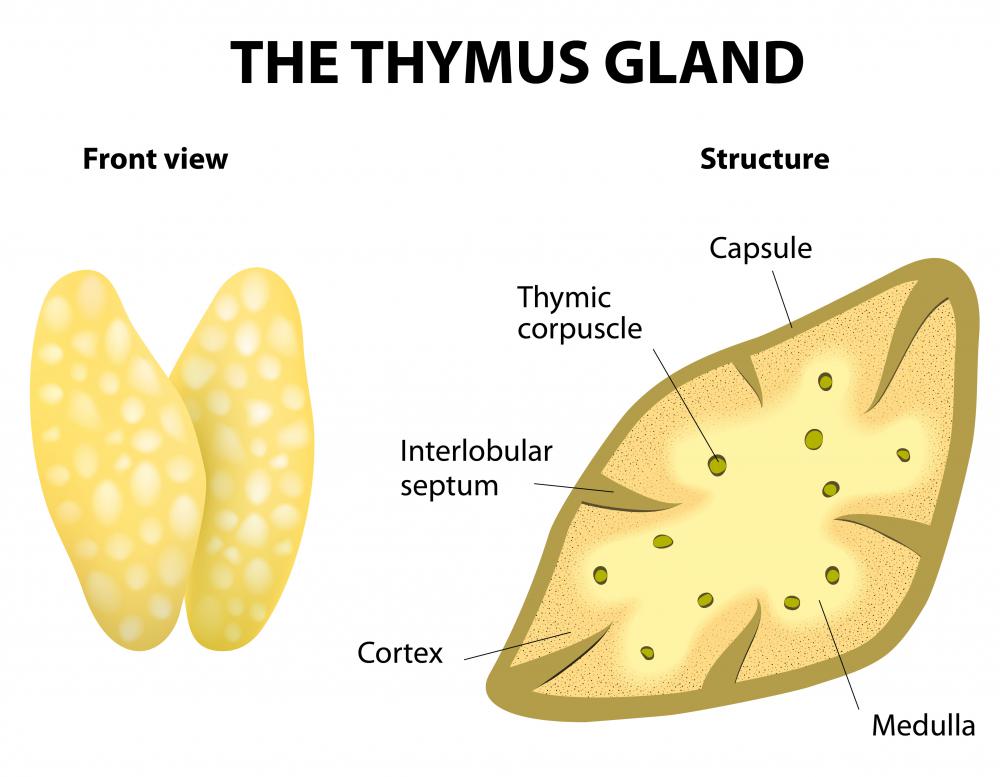At WiseGEEK, we're committed to delivering accurate, trustworthy information. Our expert-authored content is rigorously fact-checked and sourced from credible authorities. Discover how we uphold the highest standards in providing you with reliable knowledge.
What are the Different Types of Myasthenia Gravis Drugs?
Myasthenia gravis is a neuromuscular disease that causes extreme muscle weakness in the voluntary muscles of the body. This muscle weakness is typically worse after any type of physical activity and improves after periods of rest. While there is no cure for myasthenia gravis, the symptoms are considered to be relatively easy to treat. Several types of myasthenia gravis drugs are available to improve symptoms so that an affected person can lead as normal a life as possible. Acetylcholinesterase inhibitors, corticosteriods, and immunosuppressants are among the most common.
A class of medications known as acetylcholinesterase inhibitors are among the more popular myasthenia gravis drugs available. These medications help to prevent the destruction of chemicals found within the muscles, thus improving muscle weakness symptoms in many patients. Negative side effects such as lowered blood pressure or digestive problems are possible and should be reported to a physician. In some cases, additional myasthenia gravis drugs may be prescribed with this medication in order to combat some of the negative side effects.

Corticosteroids are popular myasthenia gravis drugs and are prescribed for many patients with this disease. These medications typically help to improve symptoms after several weeks of use. For this reason, many doctors prescribe a relatively high initial dosage and then decrease the dosage amount once symptoms begin to fade. This lowered dosage may be used indefinitely in an effort to control symptoms. Weight gain, thinning bones, and high blood sugar are potential side effects of corticosteroid usage.

Immunosuppressants may sometimes be used as myasthenia gravis drugs. Myasthenia gravis is considered an autoimmune disorder, and immunosuppressant medications work to decrease immune system responses. Side effects of this type of drug therapy can be severe, so immunosuppressants are generally used as a last resort when other medications have not been successful in relieving symptoms. Some of these side effects may include nausea, vomiting, and even severe liver damage.
In some instances, myasthenia gravis drugs are not successful in providing symptom relief, and other methods of treatment must be explored. Plasma exchange is frequently needed in these patients. Plasma is the liquid portion of blood, and the method of exchange is similar to a blood transfusion, but only the plasma cells are used. A thymectomy is another potential treatment option and involves surgical removal of the thymus gland. This is usually only done in younger patients who have been diagnosed with a tumor on the thymus gland, as benefits are often not seen for several months or years following the surgery.
AS FEATURED ON:
AS FEATURED ON:












Discuss this Article
Post your comments